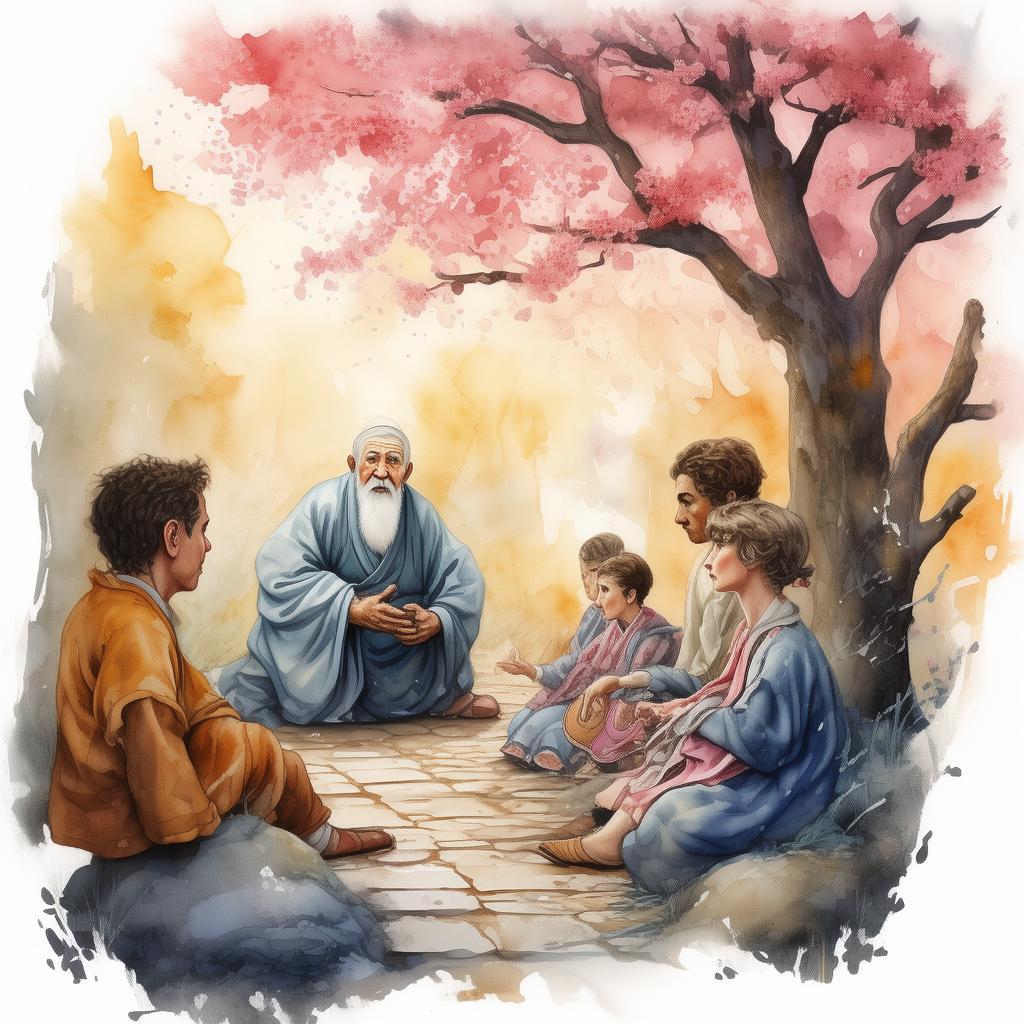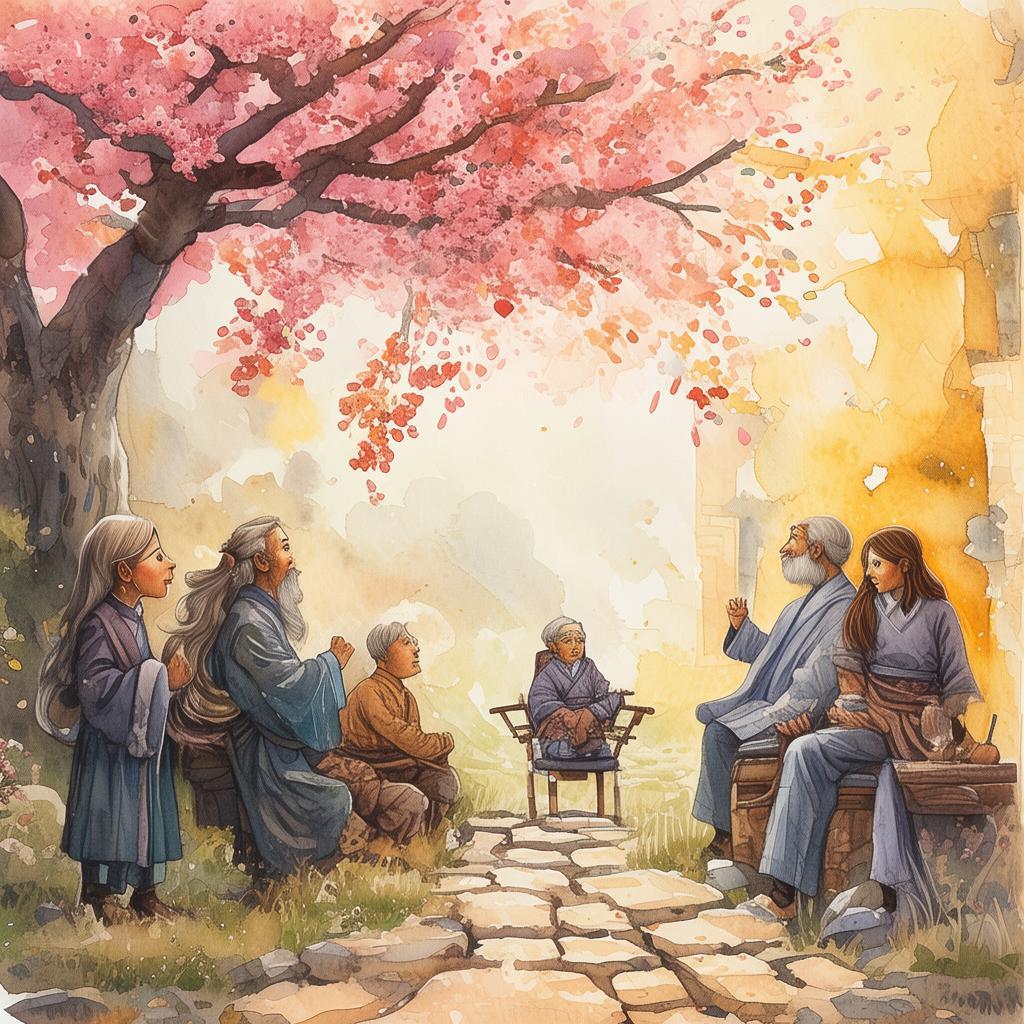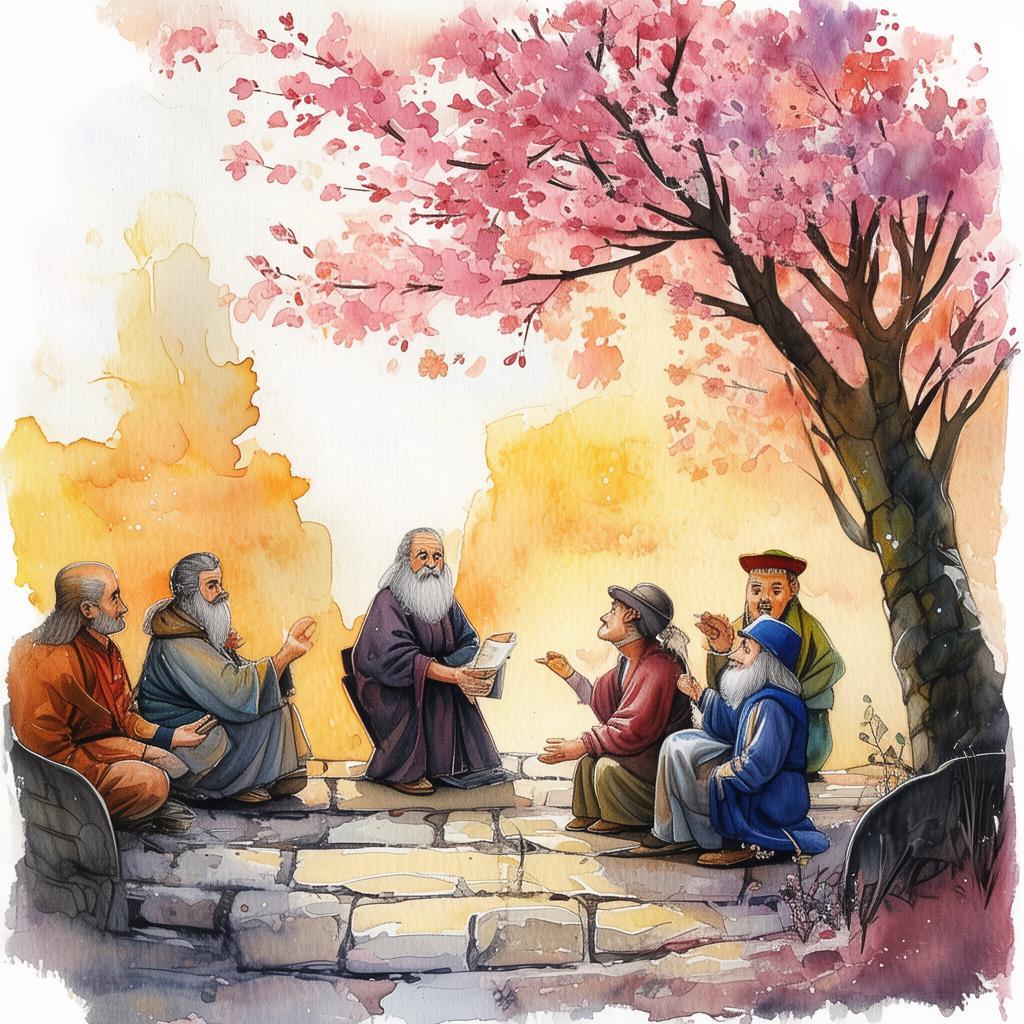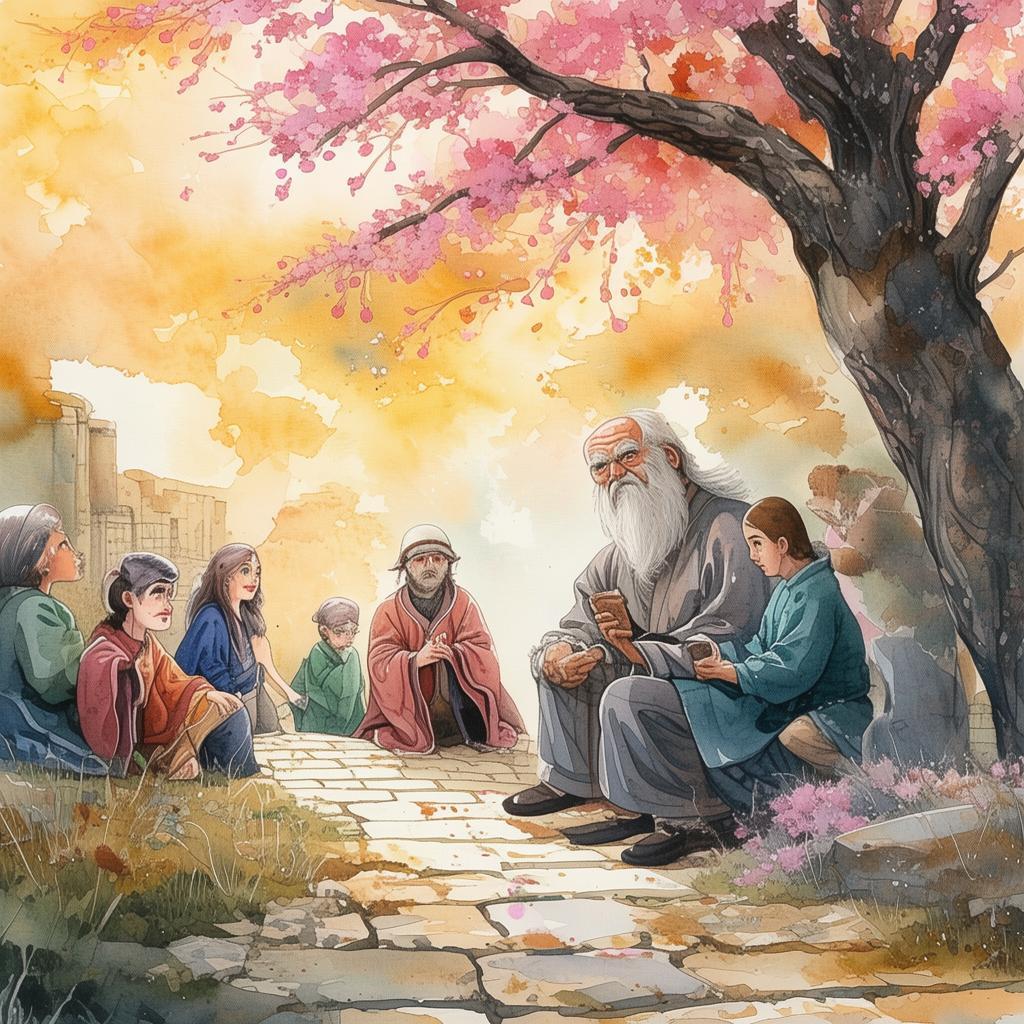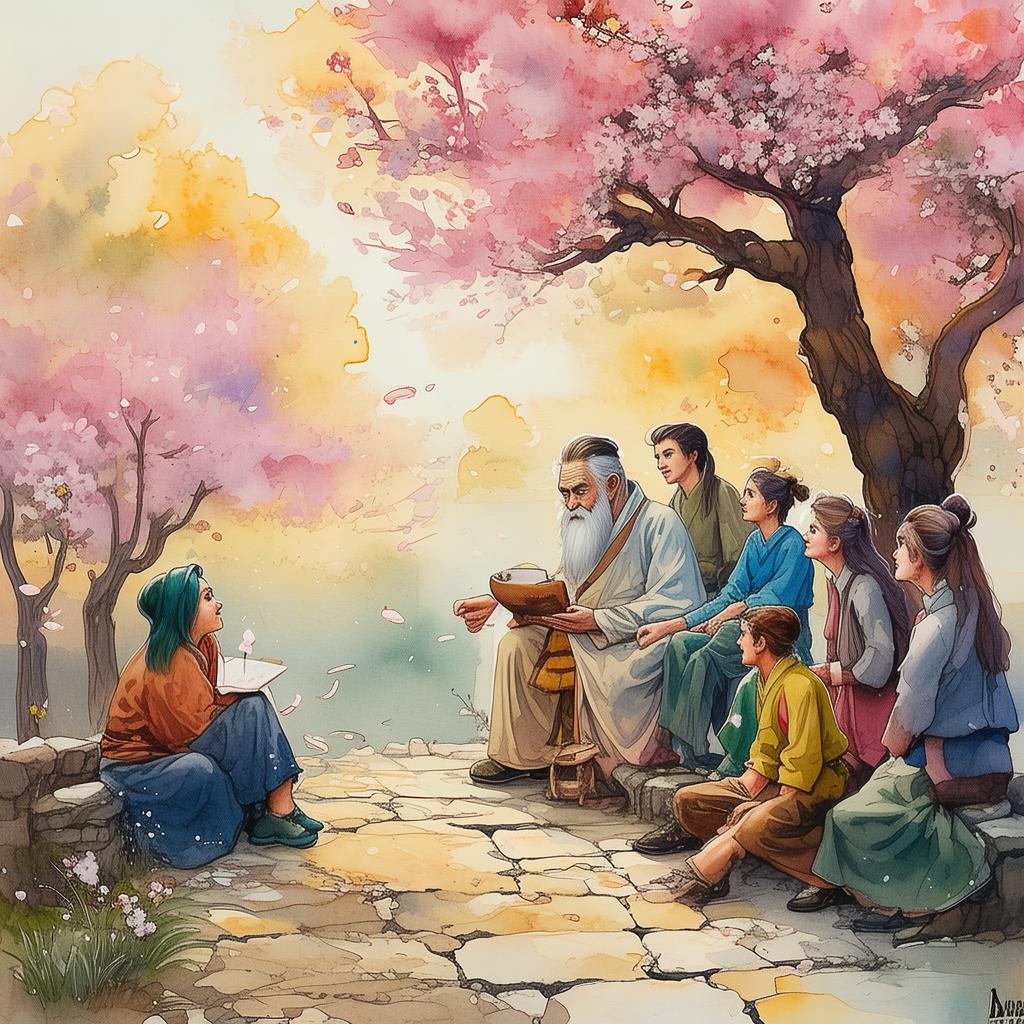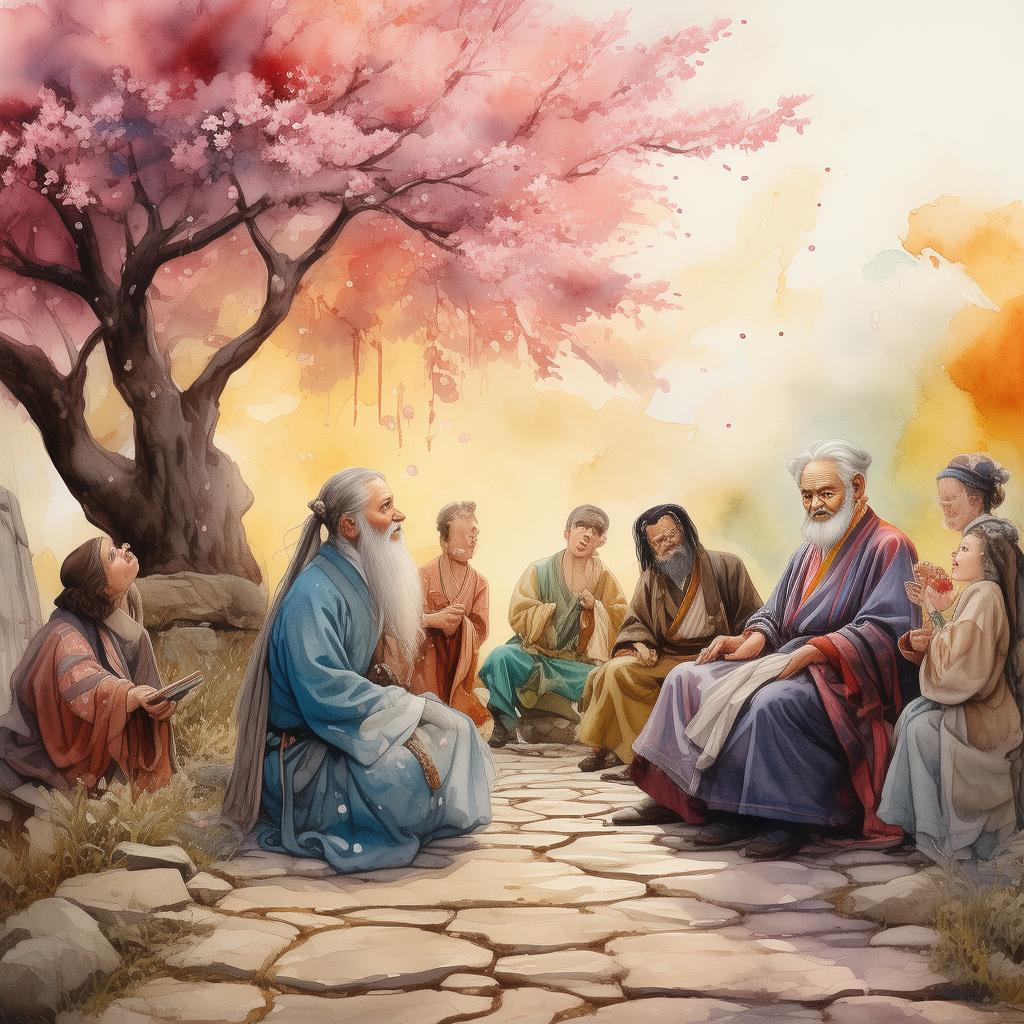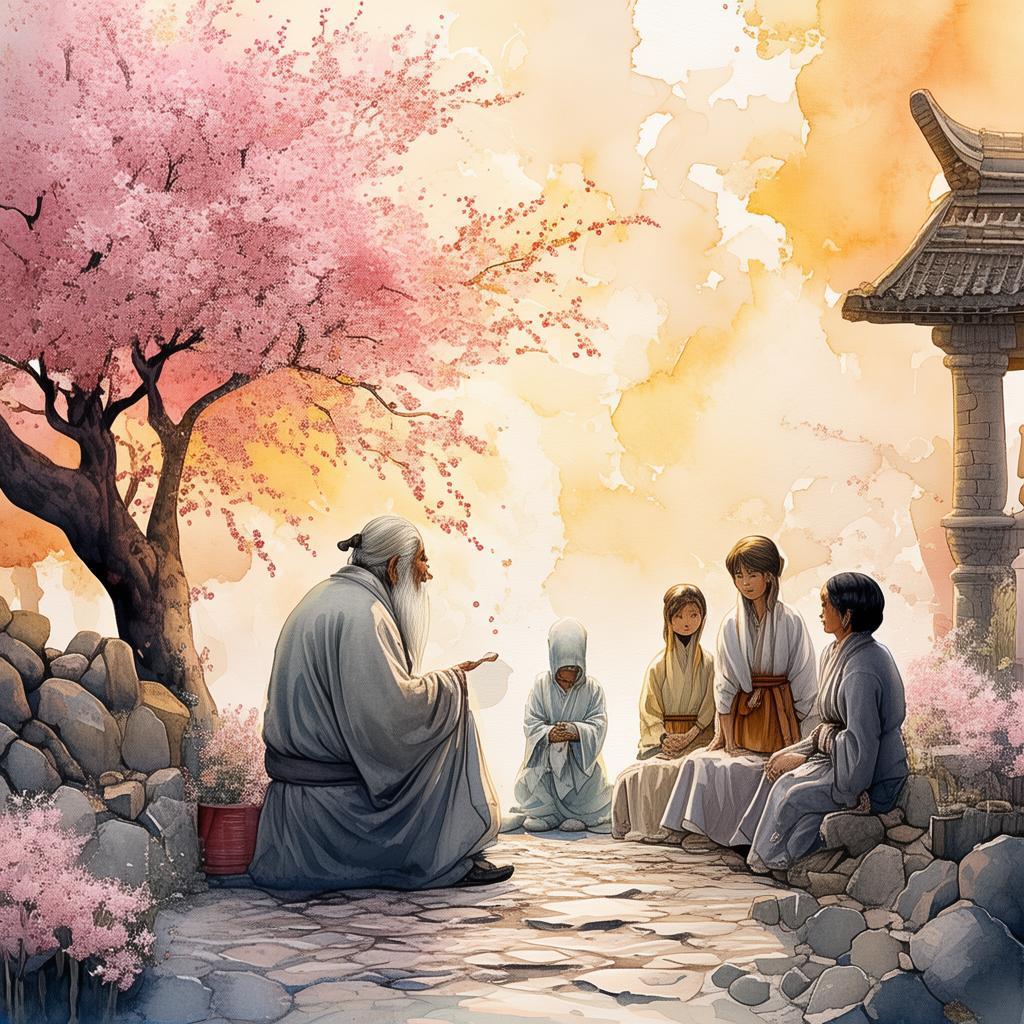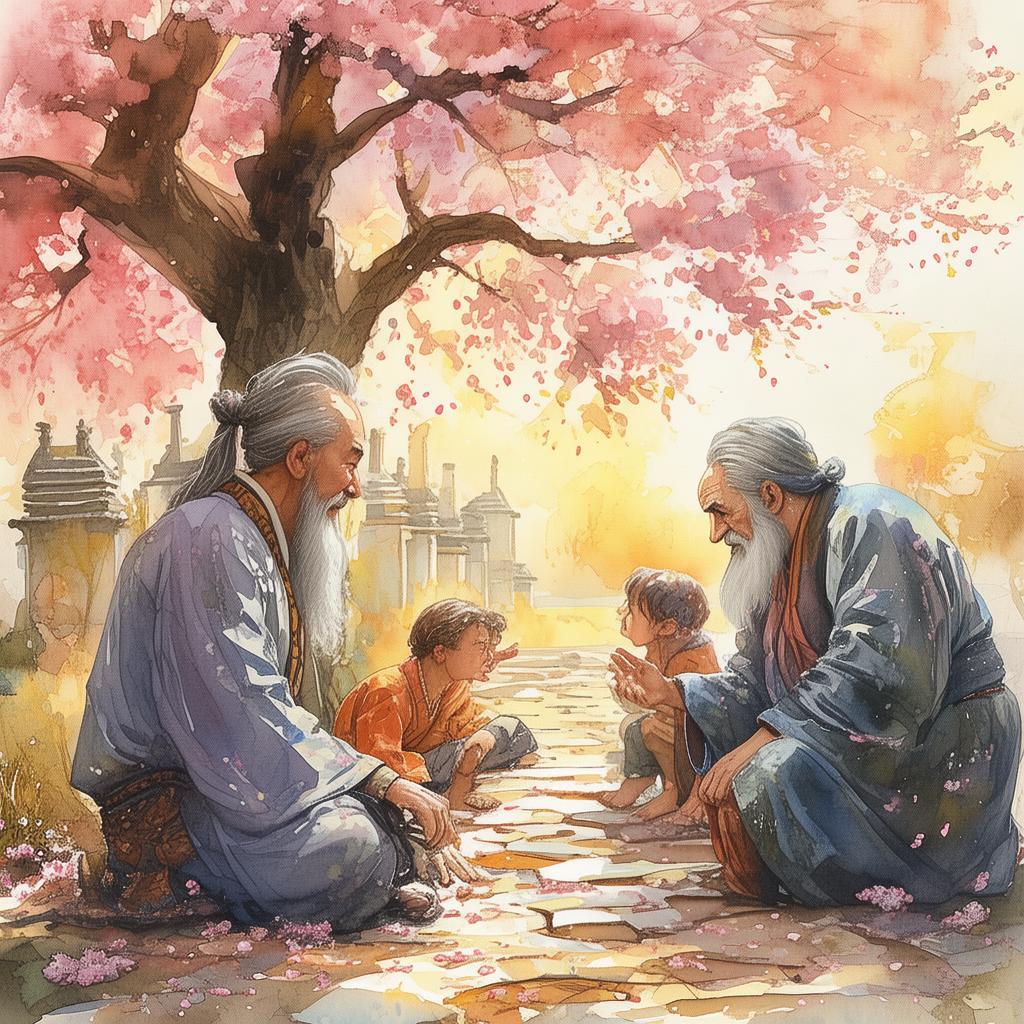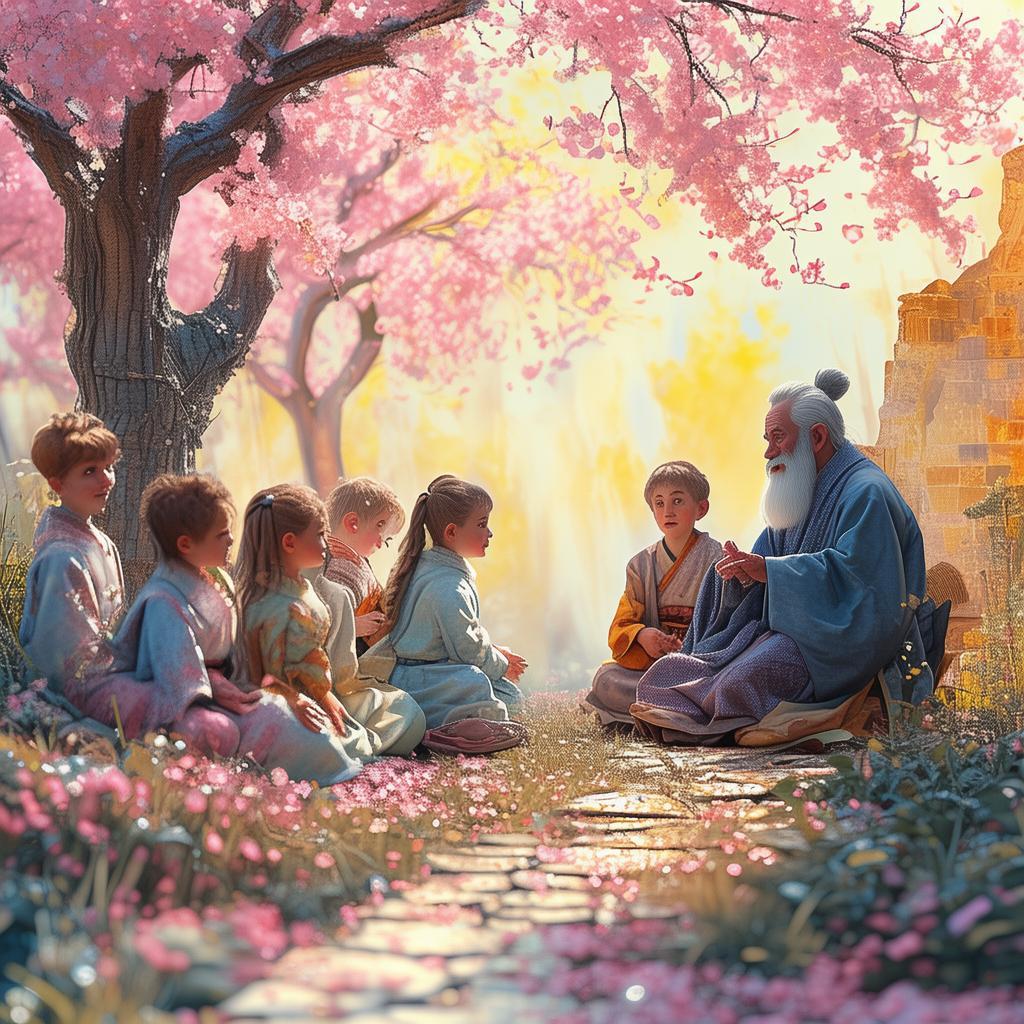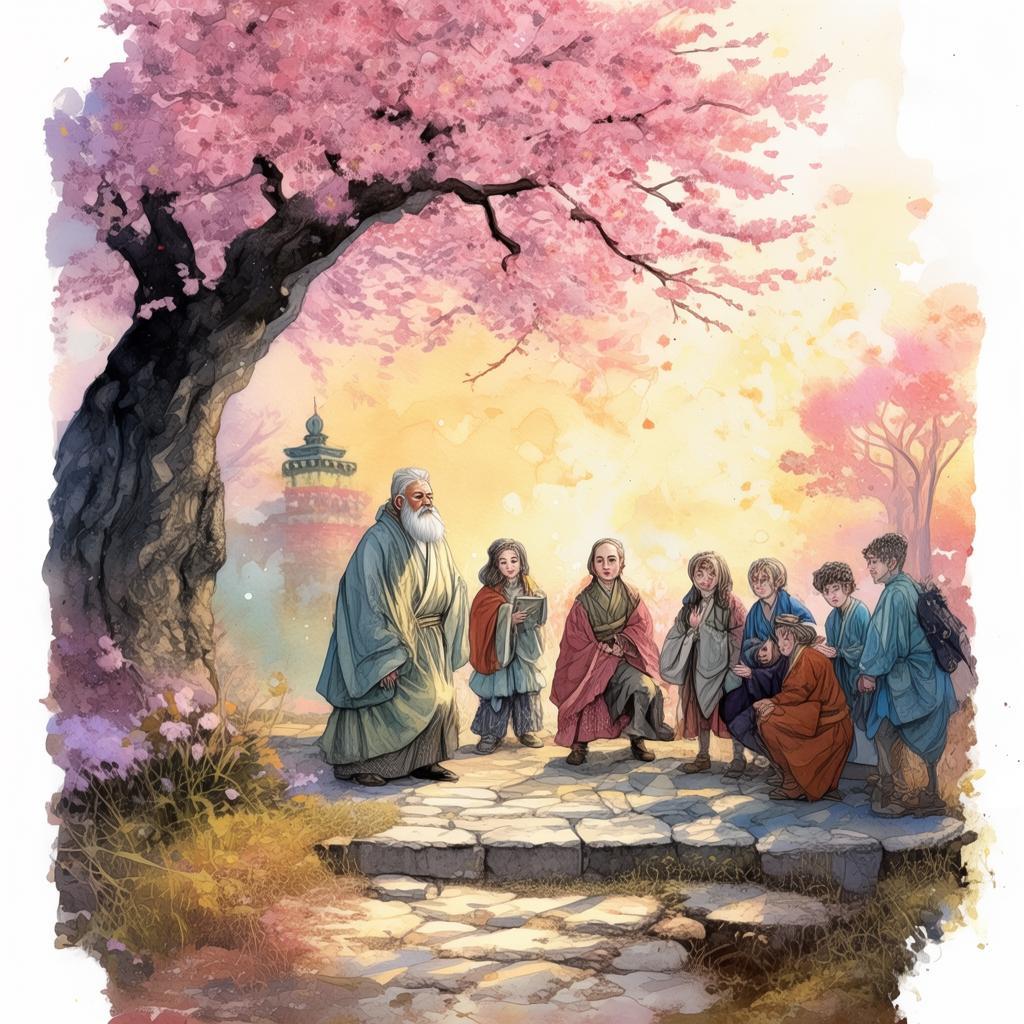The Royal Riddle Race: A Monarch's Quest for Truth
In the heart of the ancient kingdom of Elysium, where the sun kissed the cobblestone streets and the wind whispered secrets of the ages, there lived a monarch known to his subjects as King Aether. King Aether was no ordinary ruler; he was a man of great intellect and a heart that yearned for the truth. His kingdom was prosperous, but whispers of unrest had begun to ripple through the courts, and it was all due to a series of mysterious riddles that had been cropping up in the royal gardens.
One crisp autumn morning, as the leaves danced in the wind, King Aether received a scroll. The scroll was inscribed with a single word: "Riddles." Intrigued and concerned, he unrolled the parchment to find a series of cryptic clues. Each riddle was a piece of a larger puzzle, and the final answer was said to hold the key to the kingdom's future. But the riddles were not just for amusement; they were a challenge to the very soul of Elysium.
The first riddle read, "I have no mouth, yet I speak. I have no hands, yet I work. I have no feet, yet I travel. What am I?" The king pondered the riddle, and after much contemplation, he realized it was the wind. He sent his most trusted advisor, Sir Cedric, to announce the challenge to all the wise men and women of the kingdom.
The riddles were not easy, and they spread like wildfire throughout the land. The people of Elysium were captivated, and soon, the kingdom was abuzz with speculation. Some believed the riddles were a ploy to distract from the growing unrest, while others saw them as a test of the kingdom's loyalty.
As the riddles continued to unfold, King Aether became increasingly convinced that there was more to this than mere amusement. The final riddle was the most daunting of all: "I am not alive, yet I grow. I don't have lungs, yet I need air. I don't have a mouth, yet water kills me. What am I?" This riddle baffled even the greatest minds in the kingdom, and it became the talk of the taverns and the hallowed halls of the academy.
It was during this time that a young inventor named Elara stepped forward. She had heard of the riddles and was determined to solve them. With her keen mind and a heart full of curiosity, she proposed to King Aether that she would take on the quest to solve the riddles and find the truth behind them.
King Aether, intrigued by her boldness and ingenuity, agreed. Elara was granted access to the royal workshops, where she set to work crafting a motorized chariot. This chariot was unlike any seen before, equipped with a series of intricate mechanisms designed to solve the riddles and navigate the treacherous paths ahead.
The journey began with the king and Elara setting off on their motorized chariot, a marvel of human ingenuity. They traveled through the lush forests and across the treacherous mountains, solving riddles at every turn. Each solution brought them closer to the truth, but it also brought them into the crosshairs of those who wished to use the riddles to their own ends.
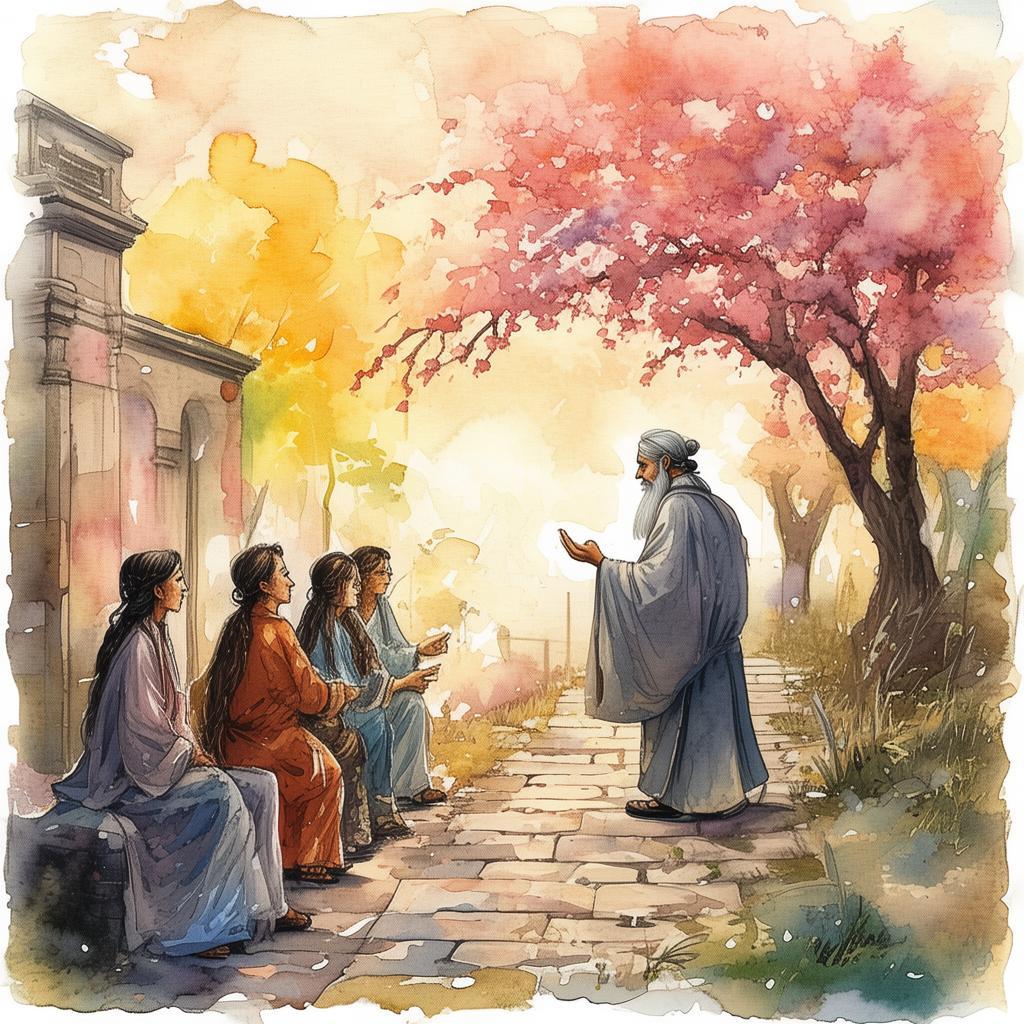
The climax of their adventure came when they reached the heart of the kingdom, where the final riddle awaited them. It was a grand puzzle, a riddle within a riddle, and it required all of Elara's ingenuity and King Aether's wisdom to unravel. As they worked together, they discovered that the riddles were not just about finding the answer but about understanding the nature of truth itself.
The solution to the final riddle was a revelation: it was the kingdom itself. The riddles were a reflection of the kingdom's soul, a mirror to its strengths and weaknesses. The truth was that the kingdom needed to embrace change, to evolve, and to become more than just a collection of people but a living, breathing entity that could adapt to the ever-changing world.
King Aether and Elara returned to the court with the truth, and the kingdom was forever changed. The unrest subsided, and the people of Elysium flourished under a new era of enlightenment and innovation. The motorized chariot became a symbol of progress and unity, and Elara was hailed as a hero.
The story of the Royal Riddle Race spread far and wide, a testament to the power of truth, innovation, and the indomitable spirit of a monarch who sought to lead his people to a brighter future.
✨ Original Statement ✨
All articles published on this website (including but not limited to text, images, videos, and other content) are original or authorized for reposting and are protected by relevant laws. Without the explicit written permission of this website, no individual or organization may copy, modify, repost, or use the content for commercial purposes.
If you need to quote or cooperate, please contact this site for authorization. We reserve the right to pursue legal responsibility for any unauthorized use.
Hereby declared.
